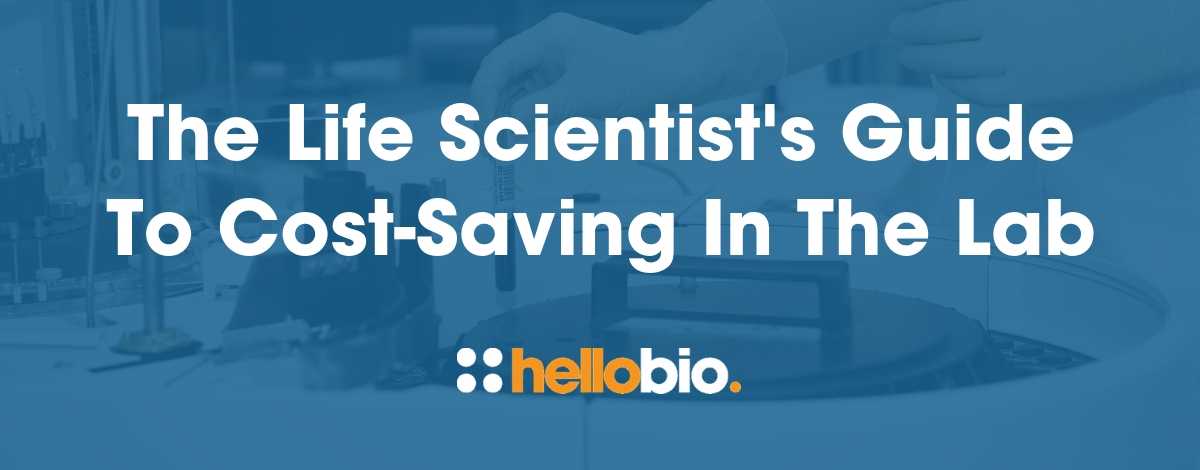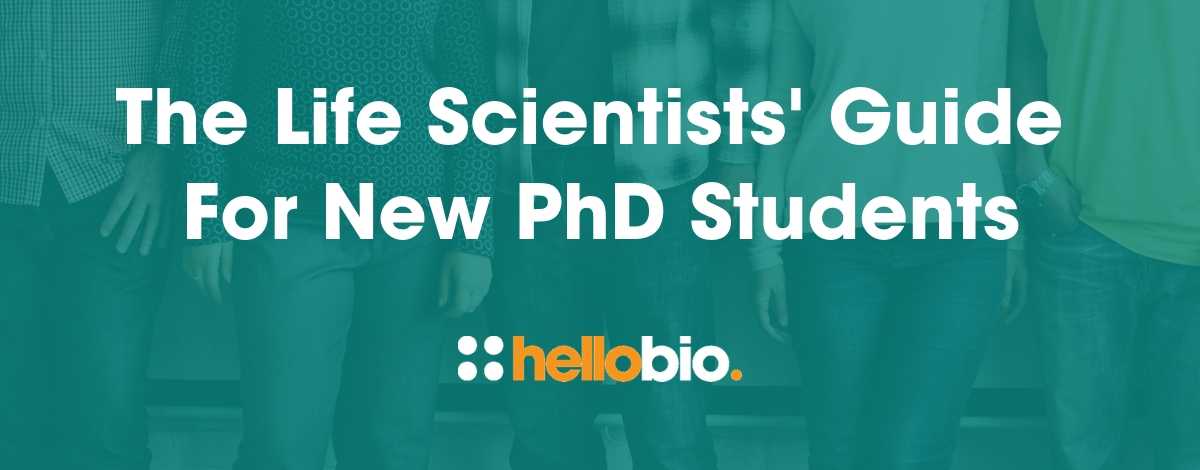Travel Award Winner Kate O'Neill
Kate is a postdoctoral researcher working at the University of Maryland, College Park and is studying the role of the cytoskeleton in primary neurons and astrocytes. The award will help fund her trip to the European Glial Cells in Health and Disease meeting to present collaborative work on astrocytes.
I am so honored to receive travel support from Hello Bio to attend my first international conference! Traveling to an international conference is expensive, and this travel award will help to cover some of the fees associated with the European Glia Meeting in July. Attending this conference is an incredible career opportunity for me because I have recently started collaborating with a lab in Italy and will be attending this conference with them to learn more about the field of astrocyte physiology. . Kate O'Neill, University of Maryland, College Park, USA, Hello Bio travel award winner
Congratulations Kate. First, can you tell us a bit more about what you're working on at the moment?
Broadly, my research focuses on cytoskeletal dynamics in primary neurons and astrocytes and the roles that these dynamics play in brain function and physiology. I only recently started working with primary astrocytes and still have much to learn. For this reason, attending the European Glia meeting with my Italian collaborators will be a key learning opportunity.
What is it about your field of research that gets you most excited?
I think the brain is by far THE COOLEST organ in the body, and we don’t understand nearly enough about how it works. I love being able to study primary neurons and astrocytes at the cellular level because there is still so much to learn, and doing so will vastly improve our understanding of brain function, physiology, and disease.
Which scientists working today do you most admire, and why?
I most admire scientists like my PhD advisor Dr. Bonnie Firestein – it still isn’t always easy to be a woman (or a member of any underrepresented group) in STEM, but it is easier now thanks to people like her who have paved the way and are committed to mentoring a diverse group of trainees. I am trying to do the same for the next generation.
What do you think are the biggest challenges currently facing life scientists and their work?
I often wonder about the expected pace of work and productivity in research – while technology has massively increased our ability to generate and analyze data, the human brain still works at the same pace. A faster, higher resolution microscope, for example, doesn’t mean we can think faster. I worry that we keep pushing for more papers, more conference presentations, etc., but that we don’t necessarily make the time to think as deeply as we should about our work.
What’s your favorite science quote?
I asked my mom so many questions growing up that she bought me this book called “How Come?” so that I would stop asking her and look things up on my own. Because of that, the following quote has always resonated with me: “The important thing is not to stop questioning. Curiosity has its own reason for existence.” -Albert Einstein
If you enjoyed reading this interview, why not check out the other resources available on our blog. One of the things we’re most passionate about is supporting early career life scientists and PhD students. We know how tough it is - so we hope you find these helpful!
________________________________
Thank you Kate - we hope you enjoy your trip to Portugal - we are exhibiting at that event, so look forward to meeting you there!
You can follow Dr. Kate O’Neill on Twitter @drkatemon
Click here to read about our past winners or why not apply for the grant yourself?
________________________________
Advice & guidance for life scientists
Click below to view our of essential guides and articles includes to support life scientists, PhD students & early career life scientists:
Travel grants
Every month we give away $500 to PhD students and Postdocs so that they can attend a scientific conference - click below to find out more:
Wellbeing for scientists
Click below for our resources to help improve your wellbeing:
Technical resources
Try our Molarity Calculator: a quick and easy way to calculate the mass, volume or concentration required for making a solution.
Try our Dilution Calculator: an easy way to work out how to dilute stock solutions of known concentrations
Click below to see our Mini-reviews, Pathway Posters & Product Guides: a set of technical resources to answer your questions on a wide range of topics and to help you get started quickly.
And - when you get to the stage of planning your experiments, don't forget that we offer a range of agonists, antagonists, inhibitors, activators, antibodies and fluorescent tools at up to half the price of other suppliers - click below to see how we compare with other suppliers:
Advice from your fellow scientists
Click below to read advice from other scientists:






















